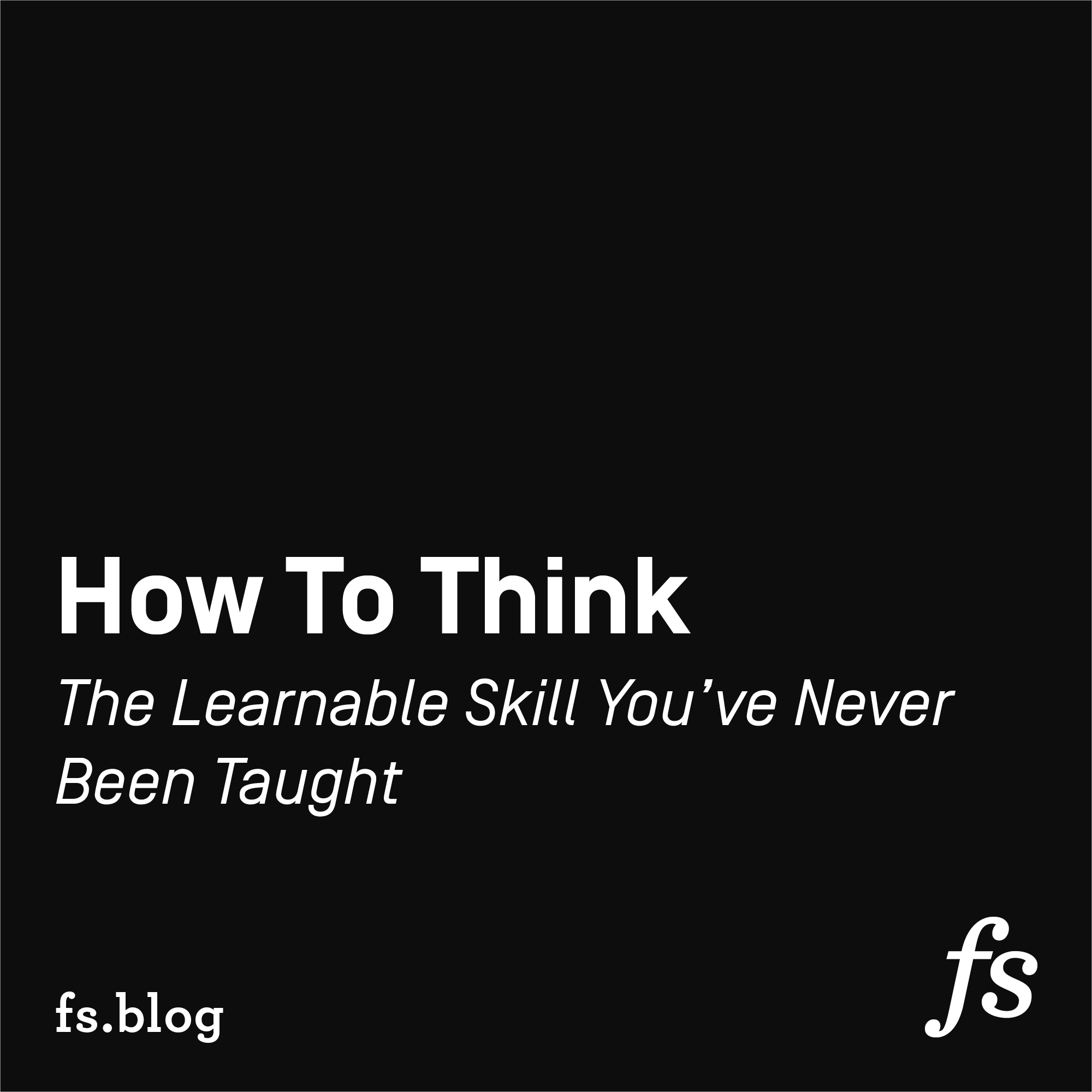Sublime
An inspiration engine for ideas
These experiences reminded me of a framework developed by Noel Burch (but often attributed to Abraham Maslow). This simple four-step model holds the key to acquiring proficiency at a skill, including how to approach mastery as a speaker.
JD Schramm • When striving to be “unconscious” serves you
The Art of Learning [by Josh Waitzkin, page
Timothy Ferriss • Tools Of Titans: The Tactics, Routines, and Habits of Billionaires, Icons, and World-Class Performers

The capacity to be independent—to be self-directed and self-controlled in your thinking and actions—is another vital component of success. At
Howard E. Book • The EQ Edge: Emotional Intelligence and Your Success
Workflow 3: Develop Your Thinking
Tom Solid • ICOR® Journey: Learn how to build your ultimate productivity system with any tools!
The psychological skills that are commonly used by elite athletes in their quest to achieve peak performance is imagery, goal-setting, self-confidence, positive thinking, self-awareness, attentional focus, arousal, control, and decision-making.